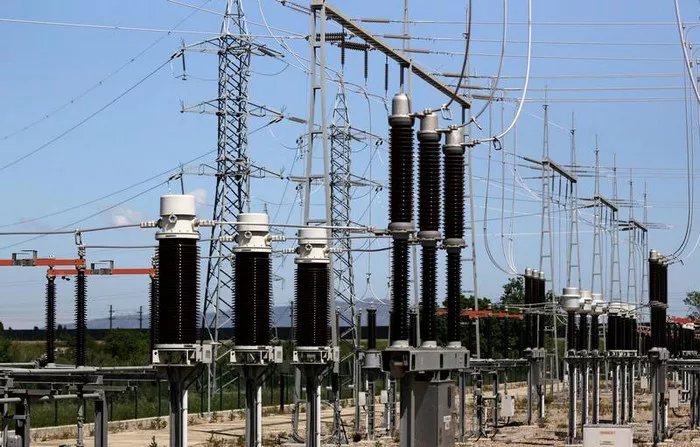Senior officials in Spain have raised concerns about the cybersecurity resilience of smaller electricity generators as investigators continue to probe the causes behind last month’s nationwide power outage.
According to the Financial Times, Spain’s National Cybersecurity Institute (Incibe) has requested information from small to medium-sized power plants, including solar and wind farms, about their cybersecurity measures. Investigators are concerned that vulnerabilities in these facilities could have been exploited by cyber attackers, contributing to the unprecedented blackout that occurred across the Iberian Peninsula in late April.
Operators of renewable energy plants have reported receiving detailed inquiries from Incibe. Among the questions posed are: “Can the plant be controlled remotely?”, “Were any anomalies detected before the April 28 incident?”, and “Have you installed any recent security updates or patches?”
These queries have reignited the debate over Spain’s energy strategy, particularly its increasing reliance on renewable energy sources like wind and solar, as opposed to fossil fuels or nuclear power. Critics, including Alberto Núñez Feijóo, leader of the conservative Partido Popular (PP), have suggested that Spain’s green energy policies may have contributed to the blackout—a claim Prime Minister Pedro Sánchez has strongly rejected.
In a recent parliamentary address, Sánchez dismissed the accusation, stating, “There is no empirical evidence to suggest that the incident was caused by an excess of renewables or a shortage of nuclear power plants in Spain.”
Despite this, Spain’s Ministry of Energy and the Environment has not ruled out any potential causes. “As of now, we are not excluding any possibilities. Everything remains on the table,” the ministry said in response to questions about the origin of the outage.
Some experts argue that Spain’s shift toward renewable energy may have left the country more vulnerable to cyber threats. The transition from a few large, centralized power plants to thousands of smaller generators has increased the potential for cyberattacks, which could target weaker points in the national grid.
The blackout occurred when Spain lost 15 gigawatts of electricity—about 60% of its total supply—in just five seconds, causing several power stations to disconnect from the grid. The incident was one of the largest power outages in Europe’s history, plunging both Spain and Portugal into darkness for hours.
Related topics:

